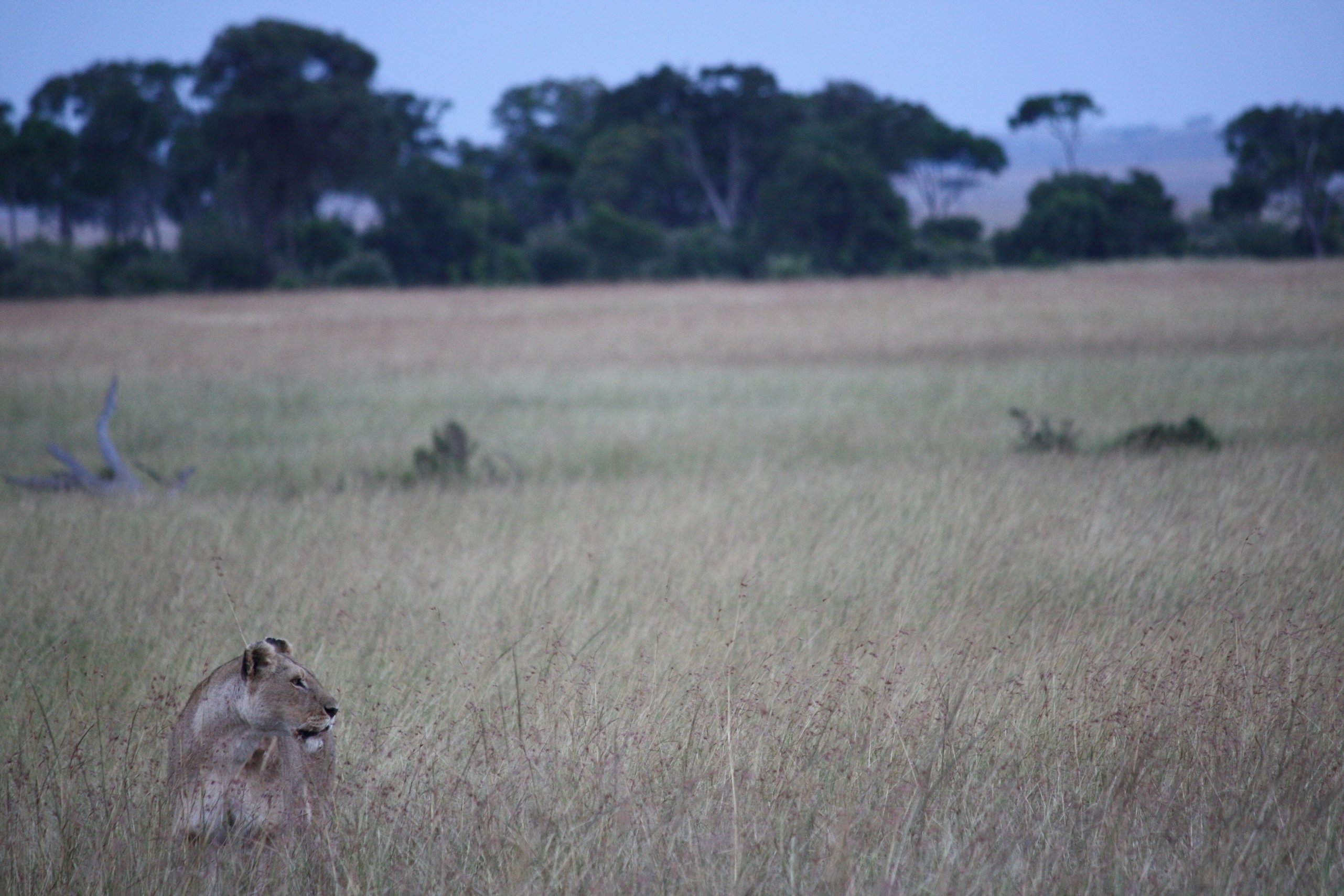Trophy hunting for endangered species overseas – hunting tourism
Since the beginning of the year, Tier im Recht (TIR) has been working on a new project concerning poaching and the trade in live animals, hunting trophies, and illegally obtained animal products. Last year, TIR explored possible solutions to issues associated with animal and species protection in Kenia and Zimbabwe. Trophy hunting is currently a very controversial topic, particularly since the death of Cecil the lion, which led to increased public awareness on the subject.
March 3, 2016
Most African countries allow hunting safaris as long as the specific laws of the country concerned are respected, e.g. regarding protected areas, hunting seasons, laws on weapons, and the respective import and export rules are met, i.e. the corresponding CITES permits have been obtained. Many of the sought-after animals are subject to the Washington Convention on the International Trade in Endangered Species (CITES).
While commercial trade in endangered species (e.g. certain rhino populations) that are listed in Annex I of CITES is prohibited, there are to some extent exceptions for the import of trophies. The hunting quotas and conditions are established by the CITES parties through resolutions. However, the countries of origin are individually responsible for setting quotas and regulating sustainable hunting with regard to endangered species listed in Annex II (e.g. lions).
Hunting trophies are imported from Africa into Switzerland every year. In TIR's opinion, trophy hunting is responsible for major animal welfare and species conservation problems, which cannot be justified by the enjoyment of hunting. However, the Federal Council has so far argued against an import ban on hunting trophies from endangered species and has proposed rejection of the corresponding parliamentary motion. By contrast, France issued an import ban on lion trophies last year proving that this is quite possible.
For years, TIR has been campaigning for import bans on products obtained by animal cruelty and also hopes to contribute to the improvement of the dramatic situation concerning the hunting of endangered species.
Wild living Lioness at Maasai Mara National Reserve

